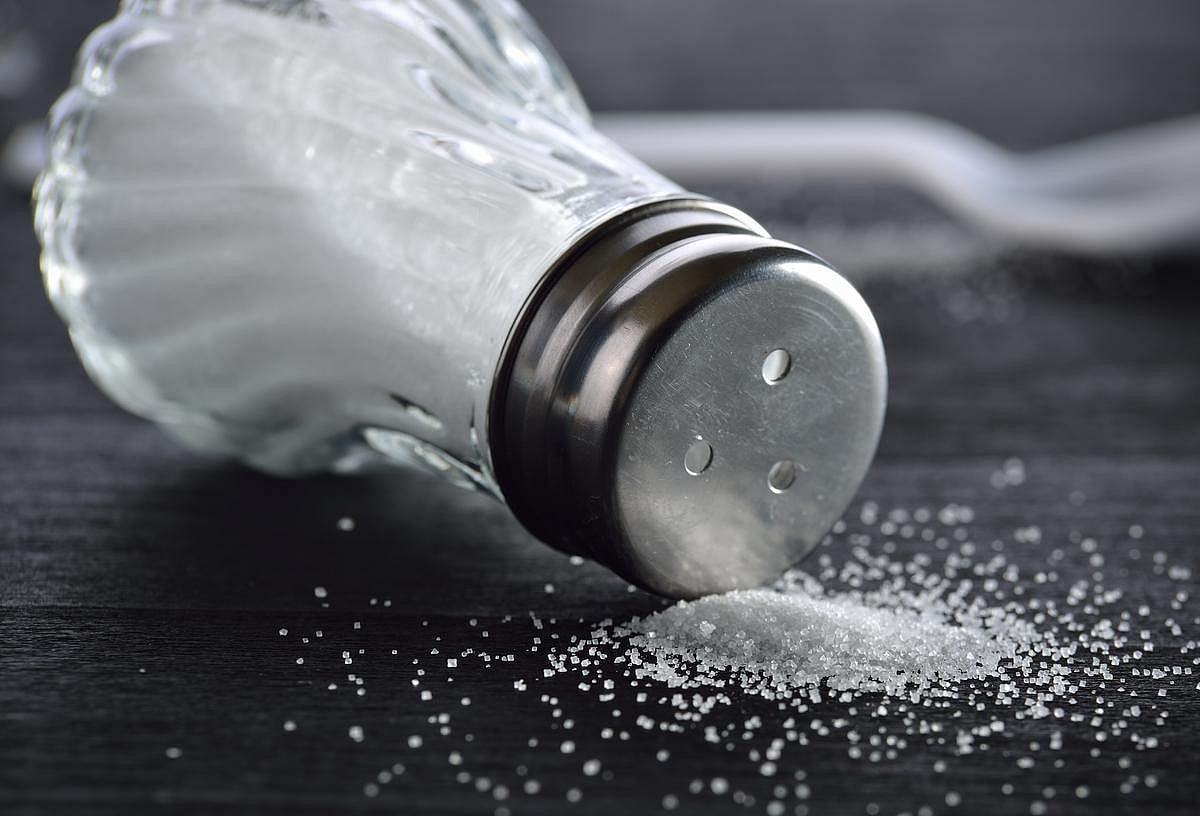Patient Resources
Get Healthy!
Want to Slowly Cut Down on Dietary Salt? Here's How
- October 19, 2024
- Robin Foster
- HealthDay Reporter

Did you know that sodium is the bad guy in salt, raising your risks for high blood pressure and other heart ills?
Luckily for Americans, the U.S. Food and Drug Administration is working to make it easier for you and your family to eat food with less sodium.
Because more than 70% of the sodium you eat comes from processed foods and restaurant fare, the FDA is working closely with the food industry to slowly lower sodium levels across a wide range of foods.
In the meantime, you and your family can also find ways to lower the amount of sodium you eat. The recommended limit for sodium is 2,300 milligrams (mg) per day for people aged 14 and older. Unfortunately, Americans consume about 3,400 mg of sodium each day, on average. That's more than 50% above than the recommended limit, the FDA noted in a news release.
Consuming too much salt can trigger high blood pressure, a leading cause of heart disease and stroke, and 90% of Americans are eating more sodium than is recommended. While almost 5 in 10 Americans have high blood pressure, almost 6 in 10 Black adults have the condition.
Even children and adolescents eat too much sodium. Evidence shows that children who eat foods higher in sodium can carry those poor eating habits into adulthood, the FDA added.
What can you do to remove sodium from your diet?
Cut back on foods high in sodium, such as deli meat sandwiches, pizza, burritos and tacos. Remember, it’s important to cut back both when eating at home and when eating out. If you’re ordering at a chain restaurant, ask to see nutrition information and choose an option lower in sodium.
Compare products. Before you buy, compare the sodium content. For example, data collected by the FDA shows breads can vary from 200 mg of sodium to more than 700 mg per 100 grams of bread.
Aim to stay under the Daily Value (DV) for sodium. The DV for sodium is the recommended daily limit. As a general guide: 5% DV or less of sodium per serving is considered low, and 20% DV or more of sodium per serving is considered high.
Expand your tastes by trying no-salt seasoning blends and herbs and spices instead of salt to give your food added flavor.
More information
The FDA has more on sodium in your diet.
SOURCE: U.S. Food and Drug Administration, news release, Aug. 15, 2024

